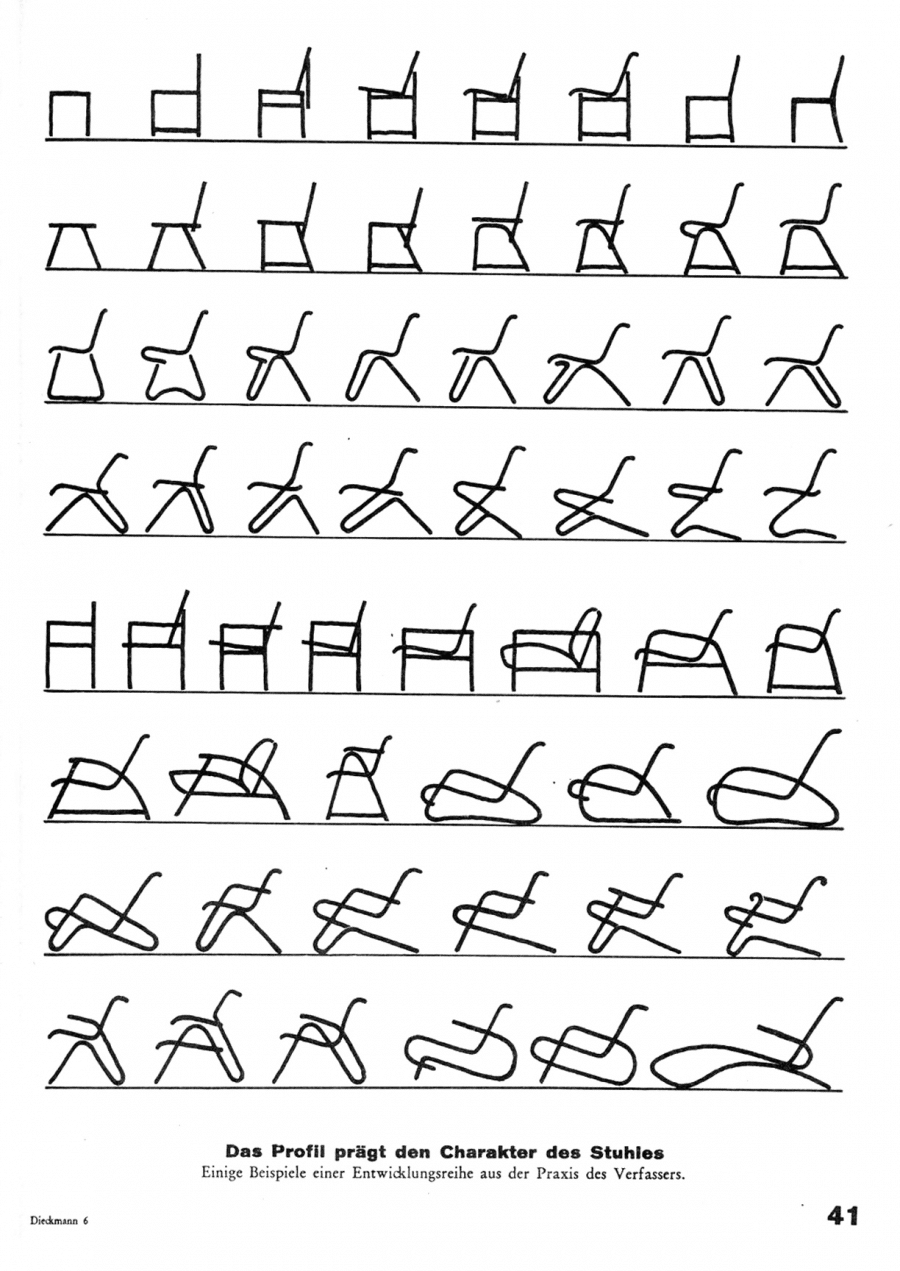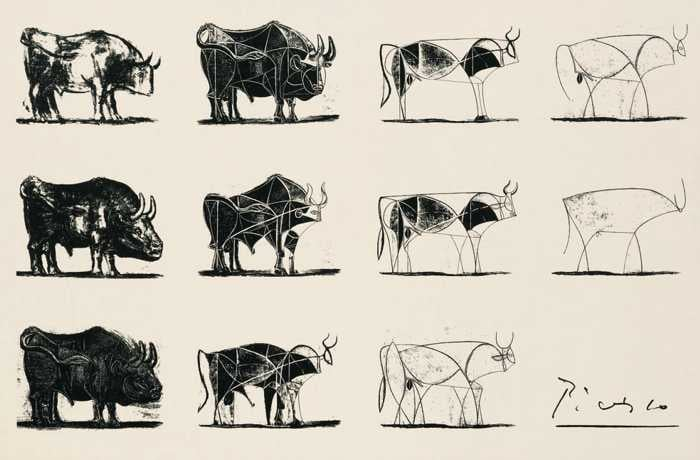Iteration is as a design philosophy based on the idea that the initial design is not as important as the subsequent gradual improvements. It is more important to start and have something than to try to get it (more or less) correct the first time (which would be itterative improvement).
Iteration is less stressful, and honestly more fun. You just start. Over time things will be all right learn to let go.
Notes can start as not much more then a rough outline or an idea. Subsequent improvements will further enhance the note. spaced repetition enables a workflow of incrementally improving notes. Zettelkasten-like linking helps to regularly revisit (key-)notes atomic notes should be densely linked.
The downside of iteration is that a note constantly grows in size. atomicity should balance this, a note should really be as small as possible. A permanent note should answer one specific question. If a note answers more than one question it should be split up.
Examples
This is a iteration to make something more complex:
 Erich Dieckmann: Design Development of a Metal Tube Chair design
Erich Dieckmann: Design Development of a Metal Tube Chair design
But it can also be the other way around:
What concept can be illustrated with the bull by Picasso? flashcard
This image is a great illustration of iteration: it starts out with a rather default bull, but ends with the kind of image we associate with Picasso
 The Bull by Pablo Picasso - A Lesson in Abstraction - Draw Paint Academy art
The Bull by Pablo Picasso - A Lesson in Abstraction - Draw Paint Academy art
(Primary) Sources
The technique involves the development of a software product through a sequence of successive design and implementation steps, beginning with an initial “guess” design and implementation of a skeletal subproblem. Each step of the iterative process consists of either a simple, well-understood extension, or a design or implementation modification motivated by a better understanding of the problem obtained through the development process. – @basil.turner_1975
Transclude of What-is-the-difference-between-the-incremental-and-iterative-approach-to-software-development---Software-Engineering-Stack-Exchange#^0ea06b
See also
A good workflow is carefully balanced between freedom and structure